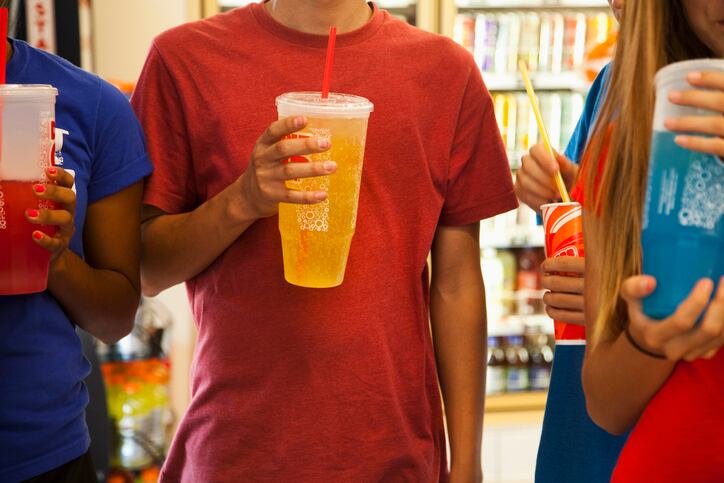Calories per person from soda declined by 5.5% in 2020, leading to a total reduction of 11.8% since 2014. Volumes of beverages purchased, however, has risen: with the reduction in calories instead coming from a shift towards low and zero sugar versions.
Low- and zero-sugar beverages together increased from 50.1% of beverage volume sales in 2014 to 58.7% of volume sales in 2020.
Independent evaluator Keybridge LLC released its annual progress report on the Beverages Calories Initiative today: charting the nationwide effort by American Beverage, The Coca-Cola Company, Keurig Dr Pepper and PepsiCo to reduce per person consumption of beverage calories by 20% nationally over 10 years.
1.5 trillion calories eliminated since 2014
The consumer shift away from full-calorie beverages comes as the beverage industry has been making low- and zero-sugar options an increasing part of its product mix, leading to the elimination of 1.5 trillion calories in the US diet since 2014.
Key findings of the report include:
- Calories per person from soda declined by 5.5% in 2020, representing the largest single-year reduction since the launch of the BCI.
- Calories per person from soda have seen an overall decline of 11.8% since 2014.
- A quarter (24.8%) of sports drinks consumed are now low- and no-sugar, up from 10.4% in 2017.
- Numerous new launches in the sparkling water and flavored water categories have helped spur a 36.6% increase in per person volumes of water over six years.
- The volume of total beverages people purchased has risen every year since 2014 for a total increase of 8.9% through 2020: showing the decrease in beverage calories per person is not caused by a decrease in overall beverage consumption but rather through a shift towards lower calorie options.
- Average beverage calorie consumption has decreased from 202.8 calories per person per day in 2014 to 182.6 in 2020.
Last year also saw a sharp change in how consumers bought beverages amid the COVID-19 pandemic. Purchases of beverages decreased significantly at restaurants, theaters, and other venues that primarily represent about 40% of total beverage volumes and calories and where fountain drinks are prevalent. As a result, beverage calories in these venues decreased 15.7 calories per person per day nationally.
Packaged beverages, however, reported the opposite effect. Beverages sold through Nielsen-measured stores – primarily chain grocery, convenience, drug, dollar, big box, and club stores - typically represent a larger segment of beverage sales, about 60% of total beverage volumes and calories. From 2014 through 2019, per person calories from beverages sold in these channels fell steadily. In 2020, that trend was disrupted with an increase of 6.1 calories per person per day nationally.
“Importantly, although the pandemic drove a shift in where consumers purchased beverages, those purchases largely followed a trend that emerged in 2017 of consumers making lower-calorie beverages of all beverage types a greater part of their total beverage mix,” notes the report.

